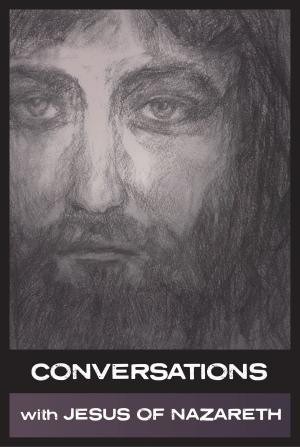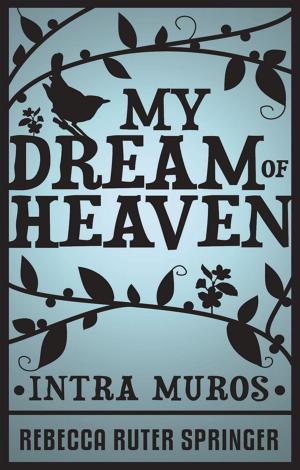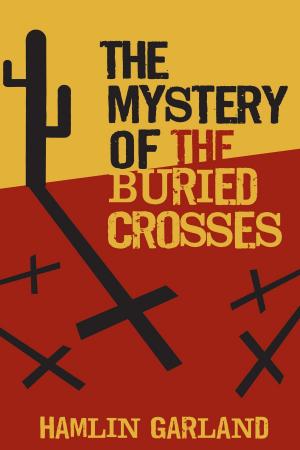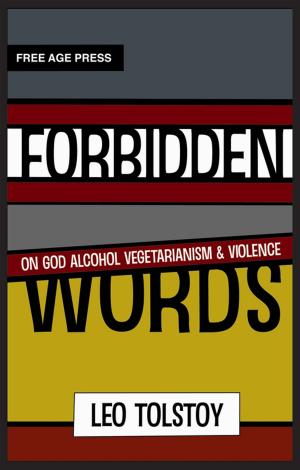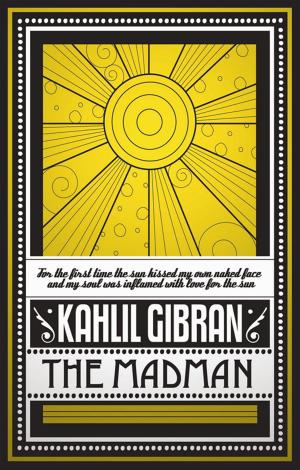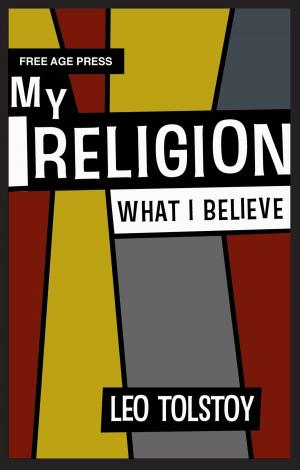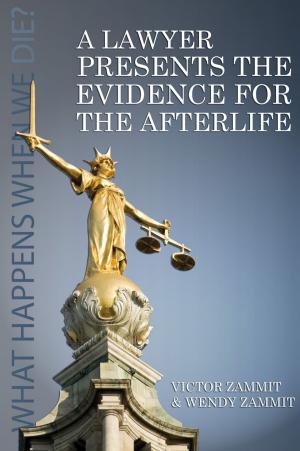| Author: | Simon Parke, Meister Eckhart | ISBN: | 9781907355615 |
| Publisher: | White Crow Productions Ltd | Publication: | March 1, 2010 |
| Imprint: | White Crow Books | Language: | English |
| Author: | Simon Parke, Meister Eckhart |
| ISBN: | 9781907355615 |
| Publisher: | White Crow Productions Ltd |
| Publication: | March 1, 2010 |
| Imprint: | White Crow Books |
| Language: | English |
In many ways Meister Eckhart has had to wait seven centuries to be heard. Born in 13th century Germany much of his life was spent in a monastery; though not all. The Meister in his name means Master and is an academic title from the University of Paris. An admired member of the Dominican Order he was often sent to reform ailing priories. He was known also as a spiritual counsellor; a safe haven for many who sought God in their life but found themselves troubled by the dire state of the institutional church. And in a century of flowering female spirituality he was a supportive figure for many Dominican nuns and women in the burgeoning lay communities which arose. He was best known however as a preacher an original preacher who used his native German language to startling effect. Eckhart preached a spiritual vision which distrusted the artifice of both ritual and church dogma. Instead he aimed at nothing less than the spiritual and psychological transformation of those given to his care. To this end Eckhart made the disposition of the human heart the key to all things. Conversations with Meister Eckhart is an imagined conversation with this 13th century mystic around such themes as detachment which he famously placed above love; spirituality God the soul and suffering. But while the conversation is imagined Eckharts words are not; they are authentically his own. One of his controversial claims was that God cannot be described. Indeed in one sermon he went so far as to say We must take leave of God. The church became very hostile towards him says Simon Parke accusing him of heresy; and he spent his last days on trial before the pope. They also tried to ensure hed be forgotten when he died and nearly succeeded. But hes more popular now than ever. Eckharts teaching is an adventure not a system; a call not a creed. The depth and universality of his work means it can be contained by no established religion but draws to itself seekers of truth from all backgrounds. Here we have a teaching open to all but possessed by none says Parke. And therefore free like a butterfly in the garden of the soul. Its perhaps my most challenging and rewarding conversation.
In many ways Meister Eckhart has had to wait seven centuries to be heard. Born in 13th century Germany much of his life was spent in a monastery; though not all. The Meister in his name means Master and is an academic title from the University of Paris. An admired member of the Dominican Order he was often sent to reform ailing priories. He was known also as a spiritual counsellor; a safe haven for many who sought God in their life but found themselves troubled by the dire state of the institutional church. And in a century of flowering female spirituality he was a supportive figure for many Dominican nuns and women in the burgeoning lay communities which arose. He was best known however as a preacher an original preacher who used his native German language to startling effect. Eckhart preached a spiritual vision which distrusted the artifice of both ritual and church dogma. Instead he aimed at nothing less than the spiritual and psychological transformation of those given to his care. To this end Eckhart made the disposition of the human heart the key to all things. Conversations with Meister Eckhart is an imagined conversation with this 13th century mystic around such themes as detachment which he famously placed above love; spirituality God the soul and suffering. But while the conversation is imagined Eckharts words are not; they are authentically his own. One of his controversial claims was that God cannot be described. Indeed in one sermon he went so far as to say We must take leave of God. The church became very hostile towards him says Simon Parke accusing him of heresy; and he spent his last days on trial before the pope. They also tried to ensure hed be forgotten when he died and nearly succeeded. But hes more popular now than ever. Eckharts teaching is an adventure not a system; a call not a creed. The depth and universality of his work means it can be contained by no established religion but draws to itself seekers of truth from all backgrounds. Here we have a teaching open to all but possessed by none says Parke. And therefore free like a butterfly in the garden of the soul. Its perhaps my most challenging and rewarding conversation.

